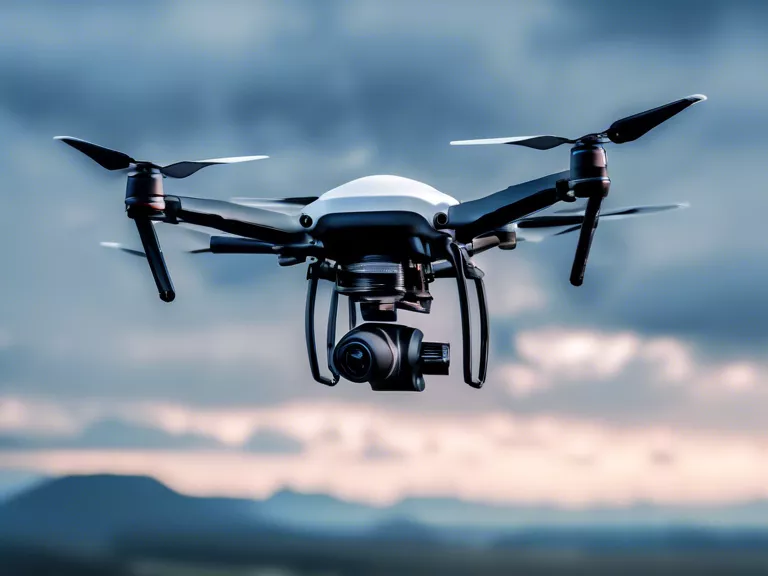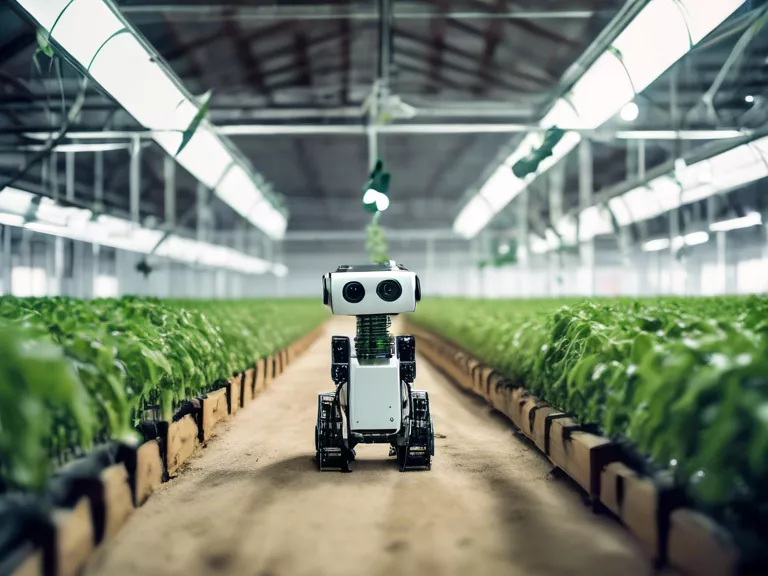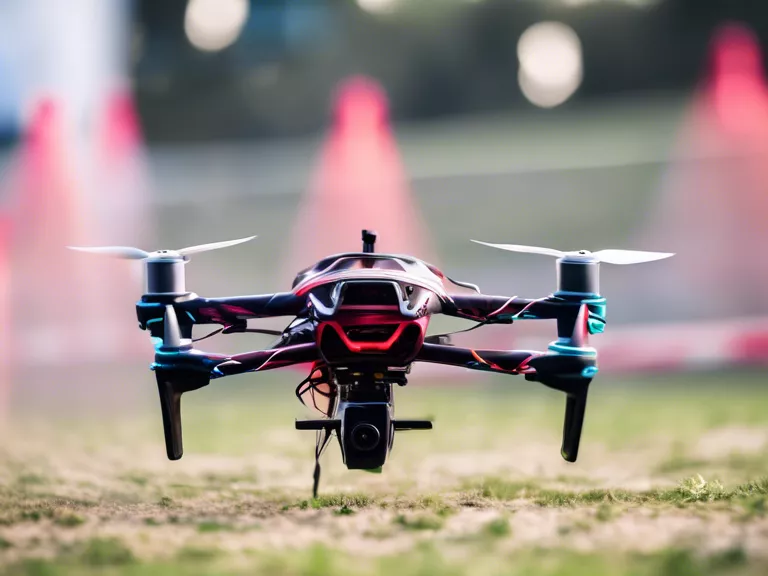
In today's fast-paced business environment, organizations are constantly seeking ways to increase efficiency and productivity. One tool that has gained popularity in recent years is Robotic Process Automation (RPA). RPA involves the use of software robots or "bots" to automate repetitive tasks and processes that are time-consuming and prone to human error. The impact of RPA on business efficiency is profound, leading to improved accuracy, increased speed, and enhanced employee satisfaction.
One of the key advantages of RPA is its ability to complete tasks at a much faster pace than humans. By automating repetitive tasks, RPA frees up employees to focus on more strategic and value-added activities. This not only increases efficiency but also allows businesses to reallocate resources to areas that drive growth and innovation.
Furthermore, RPA eliminates the risk of human error that is inherent in manual processes. Bots follow defined rules and procedures consistently, reducing the likelihood of mistakes that can lead to costly errors or compliance issues. This increased accuracy not only improves the quality of work but also enhances customer satisfaction by delivering results more reliably.
Another impact of RPA on business efficiency is the reduction of operational costs. By automating processes, organizations can lower labor costs, minimize errors, and streamline workflows. This leads to overall cost savings and a more competitive position in the market. Additionally, RPA enables businesses to scale operations more easily without the need for additional staffing, making it a cost-effective solution for growth.
In conclusion, the impact of RPA on business efficiency cannot be overstated. By automating repetitive tasks, improving accuracy, and reducing operational costs, RPA helps organizations achieve higher productivity and effectiveness. Embracing RPA technology can give businesses a competitive edge in today's demanding marketplace.



